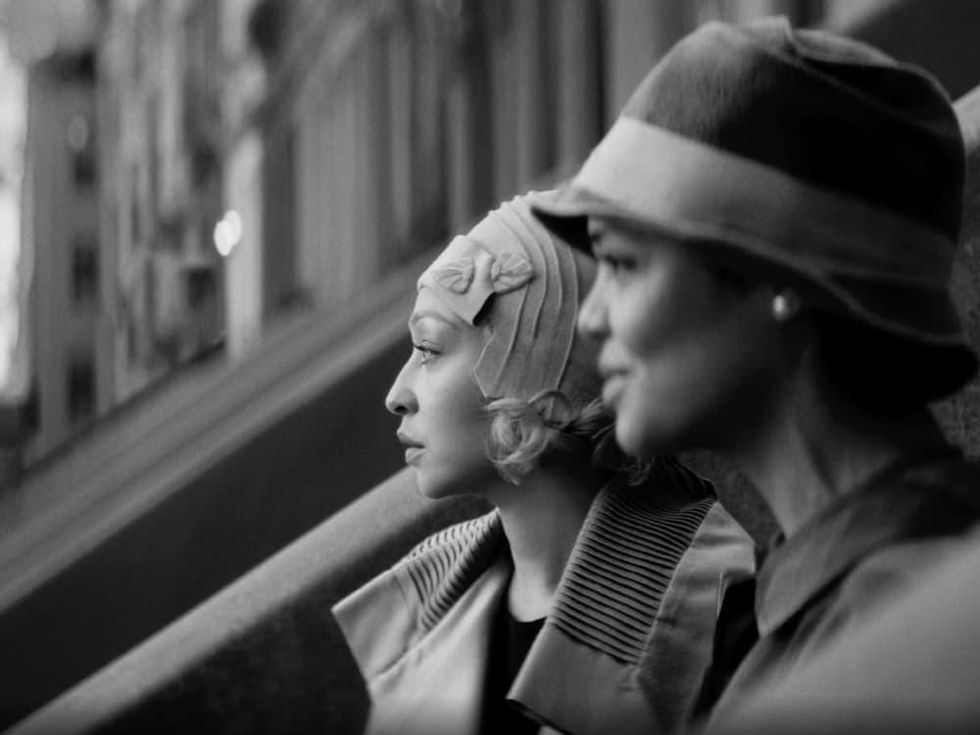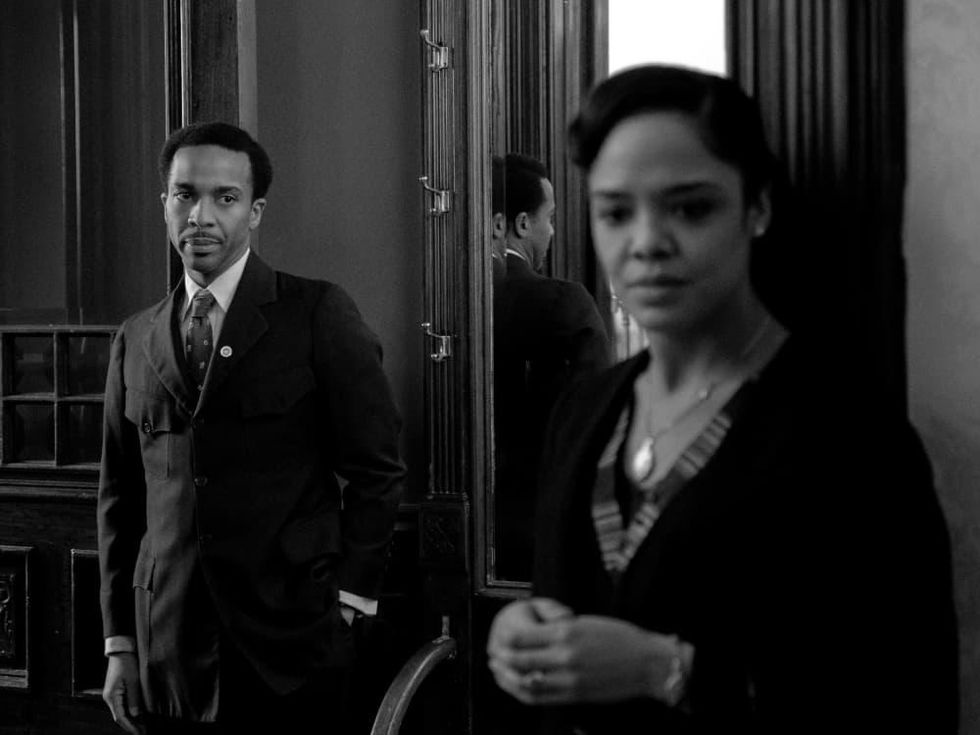Movie Review
Passing shines a light on parts of racial identity that are more than skin deep
It is a part of human nature to want to fit in with others around you. However, fitting in comes a lot easier for some than others, thanks to ingrained prejudices. The idea of “passing” as someone you are not is something that has a long history in communities of color, one that is artfully explored in the new film, Passing.
The film focuses on Irene (Tessa Thompson), whose carefully crafted world in 1920s Harlem is shaken up when she meets an old friend, Clare (Ruth Negga), whose entire life is about passing as a white woman. Both women have light skin, affording them privileges not enjoyed by their darker-skinned friends or family. Irene has gone one direction in life – she’s married to Brian (André Holland), a Black doctor – while Clare has gone another, marrying John (Alexander Skarsgård), a white man who believes she is white as well.
After their chance meeting, Clare starts to insinuate herself into Irene’s life, attending many parties with her and Brian. Clare’s ability to go back-and-forth with ease between her “white” life and her “Black” life starts to bother Irene. The more she shows up, the more jealous Irene becomes, despite Irene’s high status in her own social circle.
Written and directed by Rebecca Hall, an actor making her debut as a filmmaker, the film walks a fine line in characterization. Both women appear to live upscale lifestyles, with Irene even having a Black housekeeper. But their socialization has a distinct limit, with the parties they attend filled with mostly Black people, save for enlightened souls like Irene’s friend Hugh (Bill Camp). And Brian spares no details when telling their sons about the dangers that face Black people in the world at large.
Hall purposefully films the movie in black and white, perhaps as a way of de-emphasizing the actors’ skin color, thereby accentuating the idea that they could pass as white. However, it becomes a bit difficult to fully buy into the conceit when both actors have such strong existing Black identities. Among other characters, Negga has played singer Shirley Bassey and one half of an interracial couple in Loving, and Thompson has had parts in Black-focused projects like Dear White People, Selma, and Sorry to Bother You.
But whether the actors could truly pass as white is a small quibble, especially considering the debate going on within the Black community between light-skinned and dark-skinned people. More important for the film is the way Hall — herself the daughter of a white father and Black mother — tells the story, which is often confusing. The true nature of the plot takes some time to develop, and when it does, it’s a left turn from where the film seemed to be heading.
Thompson and Negga are both very strong actors who sell every inch of Irene and Clare’s fraught relationship. The two characters’ situations are similar yet very different, and seeing how the actors approach their evolving arcs is highly engaging. Holland puts in a strong supporting performance, as does Camp in limited screen time. Skarsgård’s character only has one purpose and few scenes, which limits his impact.
Passing is an interesting idea for a movie that perhaps could have used a bit more fine-tuning in the story department. The actors bring the movie to life, though, making it a worthwhile watch just to see them work.
---
Passing is now screening on Netflix.




